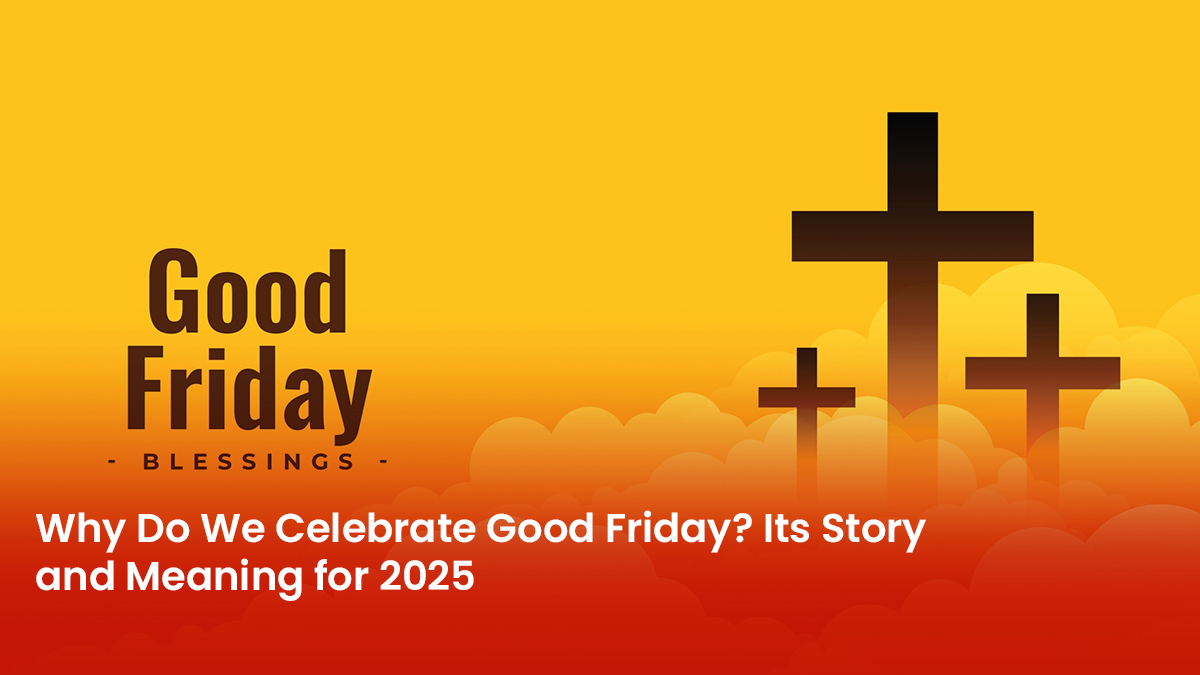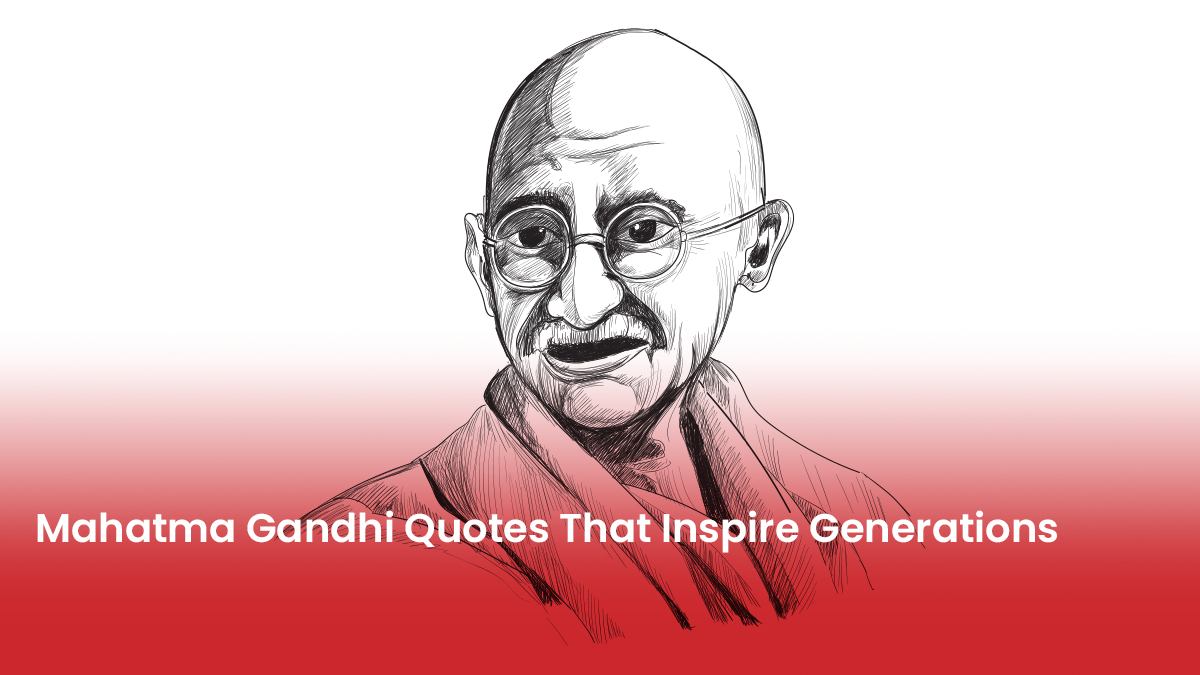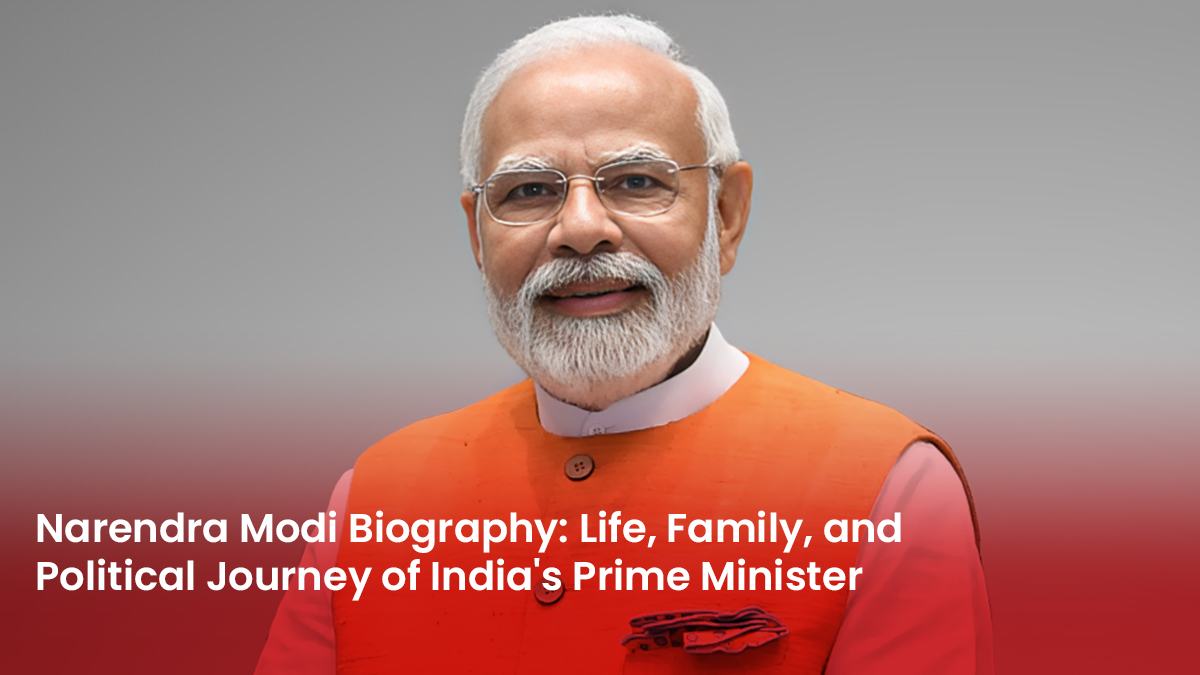Good Friday is one of those days that feels heavy yet hopeful, sparking questions like, “Why do we celebrate Good Friday?” or “Why is it called Good Friday if Jesus died?” If you’re curious about the reason behind Good Friday or just want to know more about its history, you’re in the right place. I’m going to walk you through it like I’m chatting with a friend, explaining why Christians hold this day close, what it means, and how it’s observed around the world. Whether you’re asking, “Is Good Friday a celebration?” or digging into “Good Friday history,” this guide covers it all for 2025 with a simple, heartfelt take.
What’s Good Friday All About?
Good Friday is a Christian holy day that marks the day Jesus Christ was crucified and died. It happens during Holy Week, the days leading up to Easter Sunday, usually landing in March or April. For 2025, expect it around April 18, based on the church’s lunar calendar. When people ask, “Why Christian celebrate Good Friday,” it’s because they believe Jesus died to forgive humanity’s sins, a sacrifice that’s the heart of their faith.
Now, you might wonder, “Is Good Friday a celebration?” It’s not about parties or feasts. Instead, it’s a time for quiet reflection, gratitude, and remembering Jesus’s suffering. Christians see it as a day of love and redemption, which answers “Why people celebrate Good Friday.” It’s about honoring a moment that shapes their beliefs, even if it’s tied to something as serious as death.
Why Call It Good Friday?
One question pops up a lot: “Why is it called Good Friday if Jesus died?” It seems strange to call a day of death “good,” right? The name has a few possible roots. Some say “good” comes from an old English word for “holy,” making it more like “Holy Friday.” Others believe Christians use “good” because Jesus’s death brought something positive: forgiveness and the hope of eternal life. Without this day, they wouldn’t have Easter’s resurrection.
Think of it as bittersweet. The “good” isn’t about joy but about what came from the sacrifice. It’s like finding light in a dark moment. This clears up “Why is it called Good Friday if Jesus died” and explains why the name has stuck for centuries.
The Heart of Good Friday
So, what’s the “Good Friday celebration reason”? It’s about a core Christian belief: humans were trapped in sin, unable to fix things alone. Jesus, seen as God’s son, took on that burden by dying on a cross. The Bible tells how he was betrayed by Judas, tried by Roman leaders, and crucified around 33 AD in Jerusalem. For Christians, this was a turning point, a way to reconnect with God.
When you ask, “Why we celebrate Good Friday,” it’s not about cheering but pausing to think. Churches hold services where people pray, sing hymns, or read about the crucifixion. Some folks fast, others spend time in silence. It’s a day to soak in the weight of what Jesus did and what it means for their lives. That’s the essence of “Why Good Friday is celebrated.”
How Good Friday Is Observed
Good Friday has a unique feel, quiet and serious, but it varies by place. Here’s how Christians mark it, answering “Why Christian celebrate Good Friday” through their actions:
- Church Gatherings: Many go to services, often from noon to 3 p.m., the hours Jesus was on the cross. These might include Bible readings or focus on Jesus’s final words.
- Street Processions: In countries like India, you’ll see silent marches, sometimes with people carrying crosses to retrace Jesus’s steps, called the Stations of the Cross.
- Fasting: Some, like Catholics, skip meat or eat lightly as a sign of respect.
- Quiet Moments: Churches might dim lights or cover crosses, setting a mood of mourning.
It’s not about bright decorations. It’s about feeling the story, which ties into “Good Friday celebration reason” as a time of connection.
The Story Behind Good Friday
Let’s dive into “Good Friday history” and “History of Good Friday and Easter.” It starts nearly 2,000 years ago. After Jesus died, his followers began remembering the day, though early records are spotty. By the 4th century, as Christianity grew in the Roman Empire, Good Friday became a key part of Holy Week. In 325 AD, the Council of Nicaea set rules for Easter, linking it to the first Sunday after the spring full moon, with Good Friday two days earlier.
Over time, traditions took shape. In medieval Europe, people staged plays about the crucifixion. Churches added rituals, like praying before a cross. In India, Christianity’s roots go back to St. Thomas, who reportedly arrived in 52 AD. Today, Good Friday in India mixes local touches—quiet services in Kerala’s old churches or processions in Mumbai’s streets.
Easter fits right in. Good Friday is the heavy moment; Easter Sunday brings the joy of Jesus rising from the dead. For Christians, they’re a package deal: sacrifice and hope. This answers “History of Good Friday and Easter” and shows their deep link.
Why Good Friday Still Resonates
For those asking, “Why people celebrate Good Friday” in 2025, it’s not stuck in the past. Christians find it powerful because it speaks to forgiveness and starting fresh. It’s personal—many think about their own struggles and feel hope in Jesus’s story. Even if you’re not religious, the idea of giving everything for others can hit home.
In India, Good Friday is a holiday in states like Goa and Meghalaya, showing its place in daily life. Churches, from big ones in Delhi to small ones in villages, draw crowds praying together. It’s a rare chance to slow down, answering “About Good Friday” as a moment that cuts through modern noise.
Good Friday Across the Globe
Here’s a look at how different places honor the day, tying into “Good Friday celebration reason”:
| Country | Tradition | Details |
| India | Masses and Marches | Quiet prayers in Chennai, cross-carrying in Nagaland. |
| Spain | Holy Week Processions | Seville’s streets fill with hooded figures and floats. |
| Philippines | Reenactments | Some carry crosses; rare cases involve real nails. |
| Vatican | Papal Service | The Pope leads prayers at St. Peter’s, often globally watched. |
This shows how “Why Christian celebrate Good Friday” takes different forms but keeps the same spirit.
Clearing Up Common Questions
Let’s sort out some confusion:
- Is it a happy day? It’s somber but hopeful, pointing to Easter’s promise.
- Why so serious? The mood matches Jesus’s suffering, keeping it real.
- Does everyone observe it? Most Christians do—Catholics, Protestants, others—but practices vary.
This helps with “Why is it called Good Friday if Jesus died” and makes the day easier to grasp.
What Can Be Hard About Good Friday
The day isn’t always easy to get. If you’re not Christian, the focus on a death might feel strange. Even for believers, the story’s pain—Jesus betrayed, mocked, crucified—can be tough to sit with. The answer lies in seeing it as love, not just loss. It’s like a sad book that leaves you inspired.
Another challenge is time. In 2025, with busy schedules and constant notifications, carving out space for reflection feels like a battle. But that’s what makes Good Friday special—it asks you to stop and think, no matter what you believe.
Why Good Friday Sticks With Us
Good Friday’s power lies in its story. For Christians, it’s the moment Jesus gave everything, offering a clean slate. That’s why “Why we celebrate Good Friday” matters—it’s about hope after mistakes. For others, it’s a chance to ponder big questions: What’s worth sacrificing? How do you keep going when things get dark?
It’s also a connector. Families pray together, communities gather, and even strangers share the moment. Whether you’re in a packed church or reading about “Good Friday history,” it pulls people toward something bigger.
Good Friday’s Place in 2025
As the world spins faster, Good Friday stands still. In India, you’ll see it in packed services or quiet home prayers. Globally, it’s crosses in Rome or candles in Mexico. It’s not about proving a point but feeling one. For Christians, it’s the root of their faith; for others, it’s a story that sparks curiosity.
Conclusion
Good Friday 2025 is a day to remember a sacrifice that echoes through time. Answering “Why do we celebrate Good Friday,” it’s about Jesus’s death as an act of love, paving the way for Easter’s hope. Whether you’re asking “Why is it called Good Friday” or exploring “About Good Friday,” it’s a chance to reflect on loss and renewal. From India’s churches to global traditions, it’s a shared pause in a busy world. So, whether you pray, walk a procession, or just listen, Good Friday’s story reminds us: even the hardest days can lead to light.

























